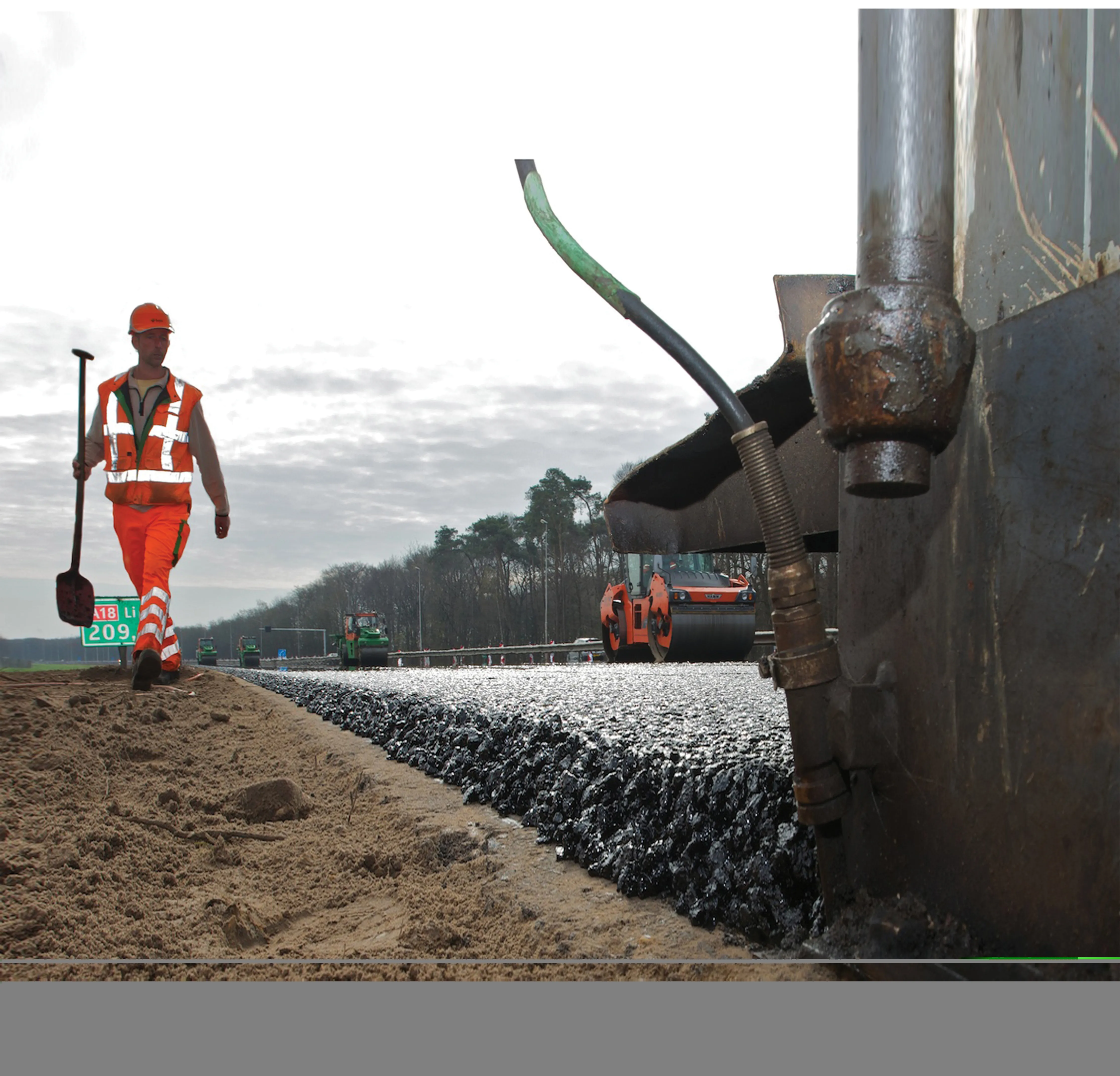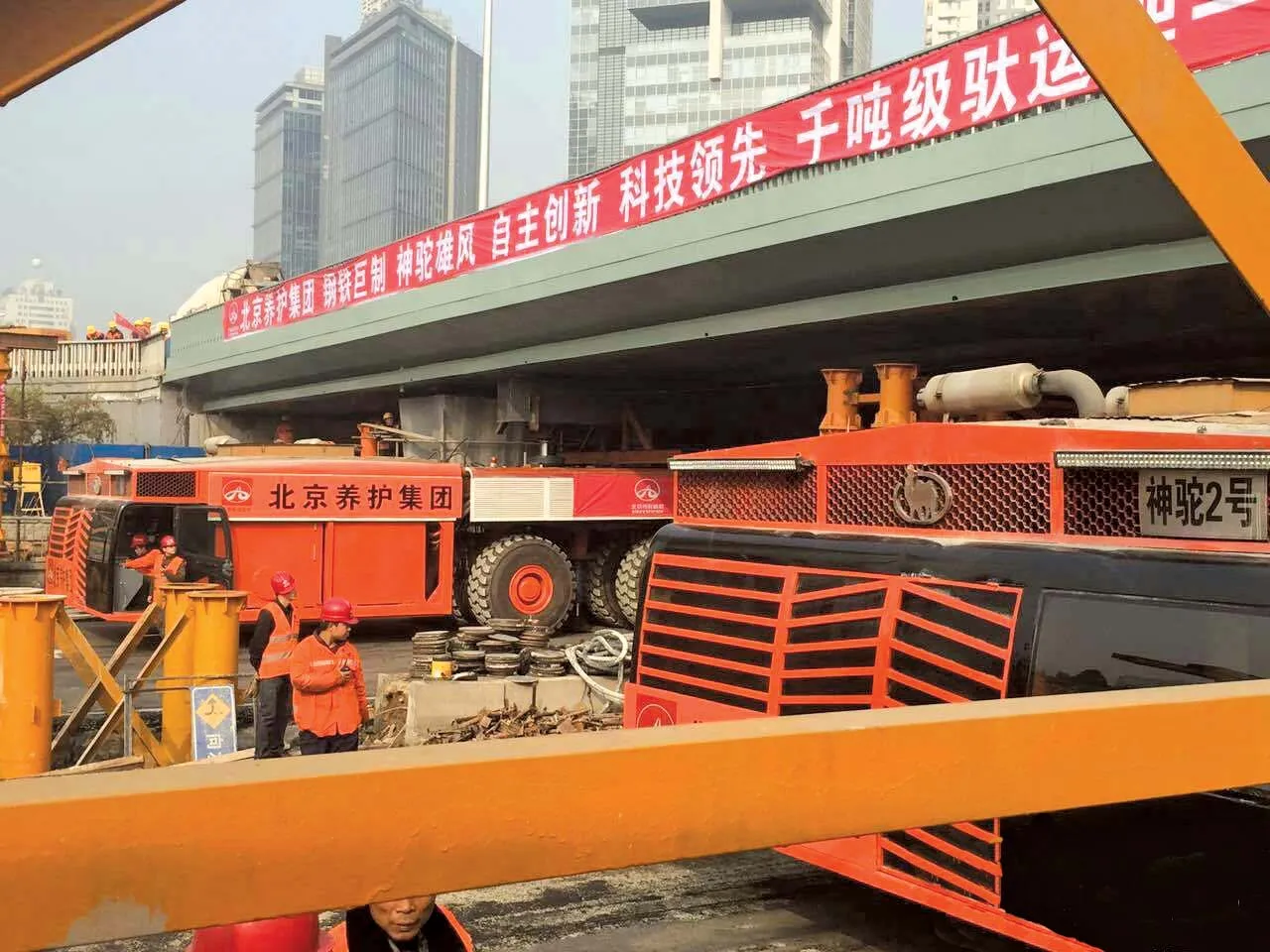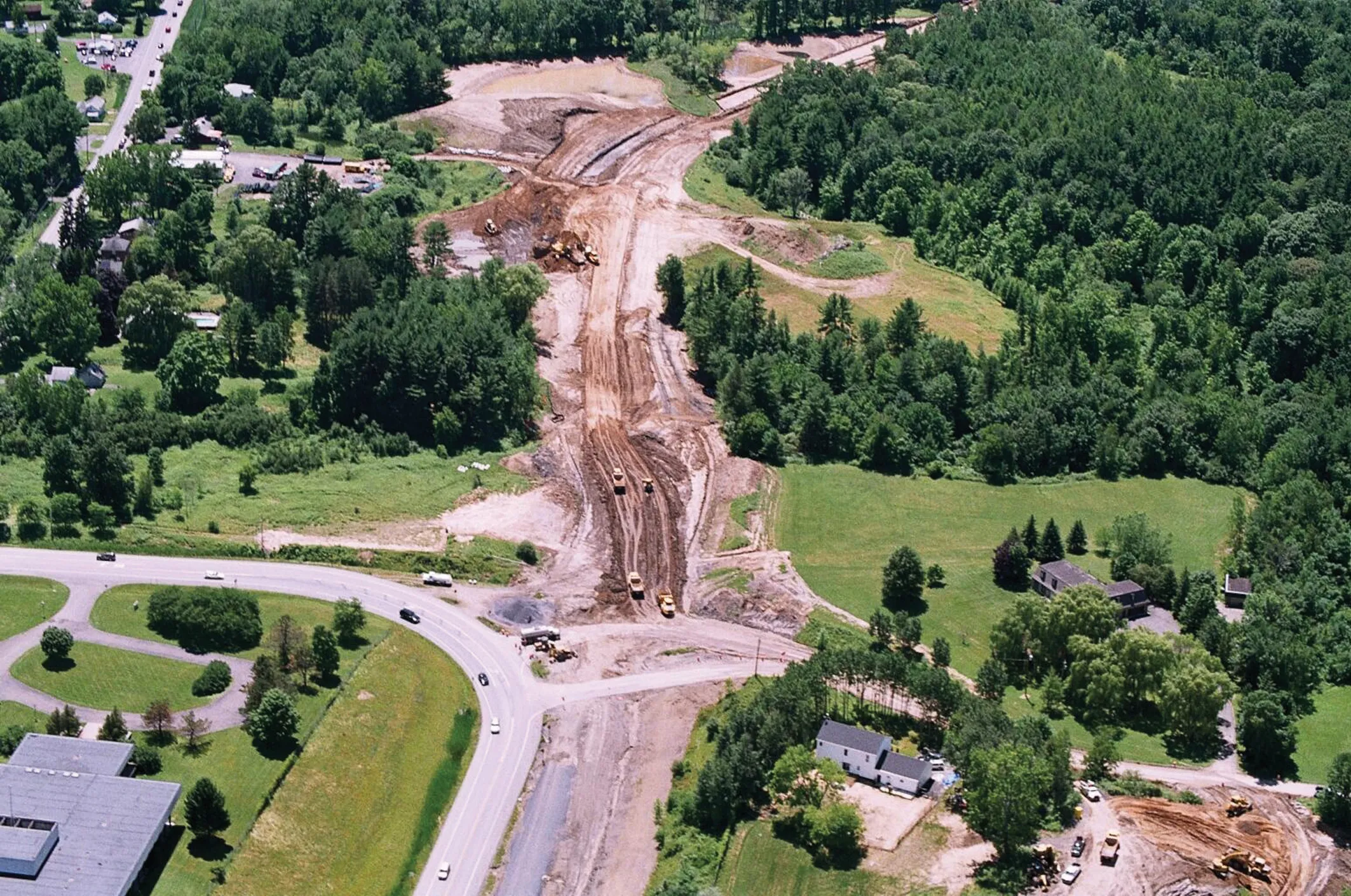A highly innovative 3D printed bridge made from resin and composite materials has been erected in China. The bridge has benefited from 3D printing technology developed by the Shanghai Construction Group (Shanghai Construction). The structure is just over 15m long and has been erected in Taopu Park in Shanghai. Although this is a small pedestrian bridge, its construction provides an effective trial for the 3D printing process. The bridge has an estimated working life of 30 years and is said to be weather and climate resistant. Should this bridge prove a success, it could pave the way for the manufacture of other bridges for use by pedestrians and cyclists. Allowing pedestrian/cyclist bridges to be manufactured using 3D printing techniques would cut both costs and installation times. This would allow new pedestrian/cyclist bridges to be erected more speedily over highways, while reducing the potential delays for road users. Whether larger bridges could be built simply by using 3D printing techniques may not be
feasible, however key components could be made using this technology.
Innovative 3D printed bridge erected in China
A highly innovative 3D printed bridge made from resin and composite materials has been erected in China. The bridge has benefited from 3D printing technology developed by the Shanghai Construction Group (Shanghai Construction). The structure is just over 15m long and has been erected in Taopu Park in Shanghai. Although this is a small pedestrian bridge, its construction provides an effective trial for the 3D printing process. The bridge has an estimated working life of 30 years and is said to be weather and
December 4, 2018
Read time: 2 mins









